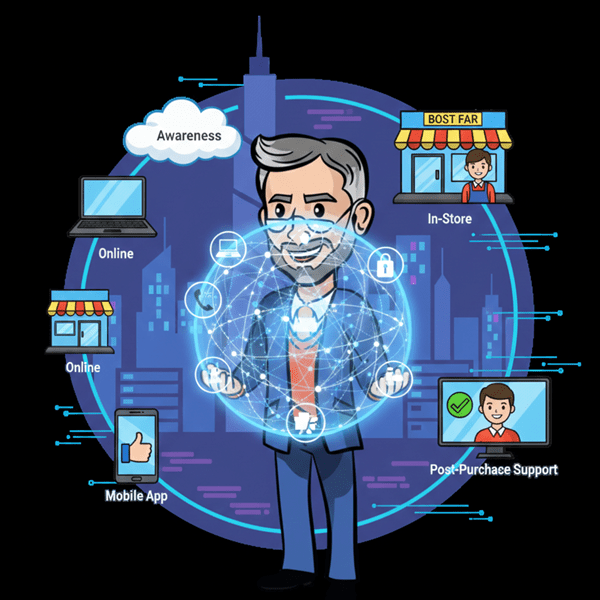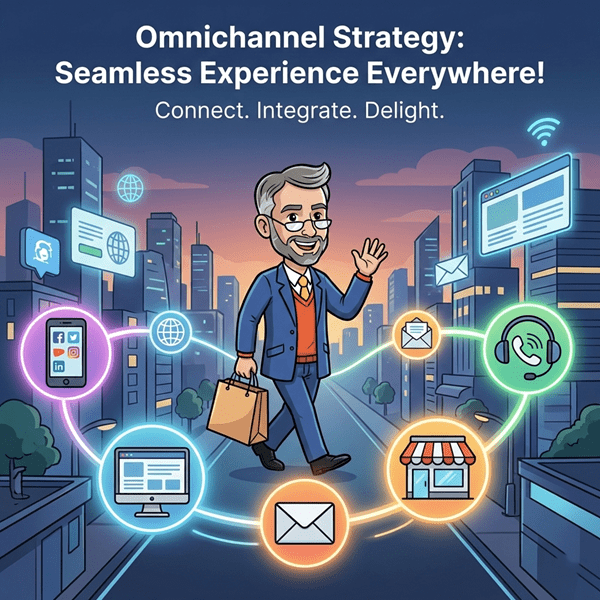Definition: Omnichannel engagement is the seamless interaction a brand has with customers across multiple channels. The goal is to create a unified experience online, in-store, or via mobile apps. This ensures a consistent journey, no matter the touchpoint. Examples include synchronized communication through email, social media, websites, and physical stores.
Example in a Sentence: By implementing omnichannel engagement, the company made sure that customers received personalized offers through email, social media, and in-store promotions.
Why is Omnichannel Engagement Important?
1. Improved Customer Experience
Omnichannel engagement allows brands to meet customers wherever they are, providing a smooth and enjoyable experience. Whether customers are shopping online, browsing social media, or visiting a store, the interaction feels familiar and connected.

2. Increased Customer Retention
When a brand offers a smooth and consistent experience across all channels, customers are more likely to return. Omnichannel engagement aims to build long-term relationships by making it easier for customers to find what they need, no matter the platform they are using.
3. Better Data Insights
Omnichannel strategies collect data from various touchpoints, providing businesses with a comprehensive view of customer preferences and behaviors. This data helps streamline marketing efforts and improves product or service offerings.
4. Boosted Sales Opportunities
With omnichannel engagement, customers can move between channels smoothly. For example, a customer might research a product online, buy it in-store, and get aftersales support through social media. This increases the likelihood of conversion at every stage of the customer journey.
Achieve Seamless Customer Connections
Omnichannel engagement helps businesses create meaningful and lasting connections with their customers. By offering a cohesive experience across various platforms, brands can increase customer satisfaction, retention, and ultimately, sales. It’s all about making sure that the customer feels valued and understood, no matter what method they use to engage with your brand.
More Definitions: Customer Journey Optimization Definition, Adaptive Marketing Definition, Brand Engagement Definition
Useful Posts: To Founder Brand or Not to Founder Brand…That Is the Question and Cross Branding Kills CRO: What You Should Know




















